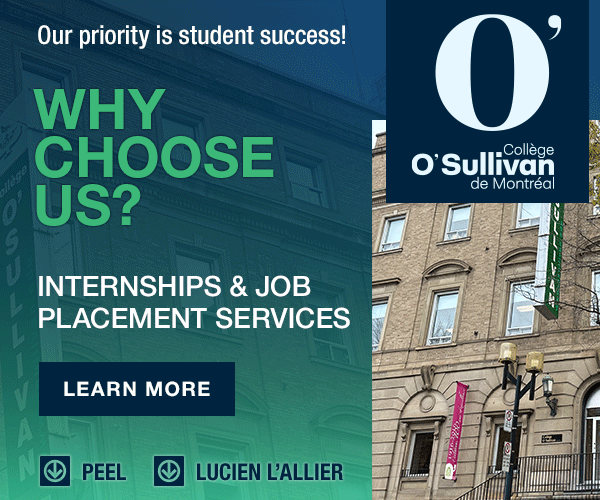In a significant stride towards fostering health equity and social innovation, Loyalist College, alongside key community leaders and local service organizations, celebrated the official launch of the Centre for Healthy Communities (CFHC) last week. The event included a panel discussion and marked the beginning of new collaborative research aimed at addressing social challenges such as mental health, addiction, homelessness, and more.
Panellists Brandi Hodge from United Way Hastings Prince Edward, Jennifer May-Anderson of the Lakeview Family Health Team and Chair of Loyalist College's Board of Governors, Carrie Oswald of Belonging ReDefined, and Kurstin Salisbury, Operations Manager at the CFHC, discussed the complexities of health equity. They emphasized an approach centred on inclusivity and co-operation as the foundation of a healthy community.
This launch follows a series of Think Tanks held by the CFHC in early February at Accelerate, Loyalist's purpose-built innovation hub in downtown Belleville. Community partners from more than 25 organizations attended the sessions to identify shared challenges and opportunities to work together.
Each of the five Think Tanks was themed around a core social determinant of health, including Social Supports and Services, Justice and Community Safety, Mental Health and Well-Being, Physical Health and Well-Being, and Shelter and Housing. Graphic artist Kathryn Maxfield of VisualTalks captured the conversation from each session in a graphic recording, transforming the discussions into dynamic illustrations of the community's common goals and hurdles. These graphic recordings, which were displayed at the CFHC launch, visually articulate the complex web of social factors that impact health. The illustrations will serve as a reference point for the CFHC and its community partners as they develop a shared vision for change.

President and CEO of Loyalist College, Mark Kirkpatrick, underscored the CFHC's potential to drive change in the community: "This initiative perfectly aligns with our mission to leverage applied research and social innovation to address pressing social issues. It advances our goal of navigating real-world challenges, establishing the CFHC as a key pillar in our collective effort towards a more inclusive, healthy, and sustainable future for all."
According to the World Health Organization, "Research shows that social determinants can be more important than factors like health care or lifestyle choices in influencing health." As Belleville and its surrounding communities continue to evolve, the CFHC is committed to collaboration between faculty, researchers and students to come to a collective understanding of what these social determinants of health look like in our region.
With over 60 attendees representing a broad range of community interests, the launch event was a powerful statement of unity and shared purpose. It precedes the CFHC's ambitious agenda to spearhead research that addresses and anticipates the evolving needs of both urban and rural demographics within the Belleville region and beyond.
About Loyalist College
Loyalist College is built upon the lands governed by the Dish with One Spoon wampum agreement. We affirm and thank the Haudenosaunee, Anishinaabeg and Huron-Wendat nations for their continued caretaking of the land. At Loyalist, we empower our students with wraparound support services and hands-on training to succeed on any path they choose. Our academic programs are responsive and innovative, designed to solve pressing social and economic challenges and meet the evolving needs of our regional industry and community partners. Our graduates enter the workforce equipped with the knowledge they need to be better global citizens, and with future-focused skills to lead change in their fields. With a presence in Belleville, Bancroft, Port Hope, Tyendinaga and Toronto, we believe our institutional responsibility extends beyond the classroom to seeing the big picture for the communities we serve. Our expertise in applied research and deep connections to local industry support economic development, to the benefit of businesses, entrepreneurs, changemakers and innovators. Our commitment to decolonization, and the pursuit of a more inclusive, equitable world, means we hold ourselves accountable to the diverse perspectives, cultures and experiences that shape our communities.













